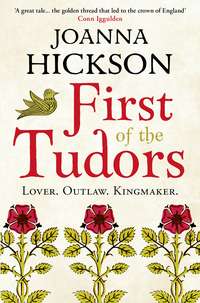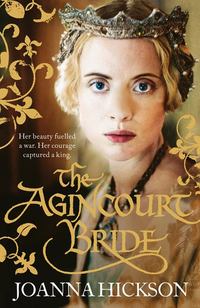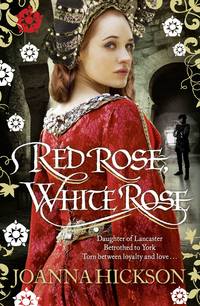The Tudor Bride

Полная версия
The Tudor Bride
Жанр: книги по психологииисторическая литературасовременная зарубежная литературазарубежная психологиясерьезное чтениеоб истории серьезно
Язык: Английский
Год издания: 2018
Добавлена:
Настройки чтения
Размер шрифта
Высота строк
Поля
Конец ознакомительного фрагмента
Купить и скачать всю книгу






